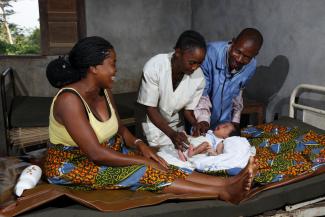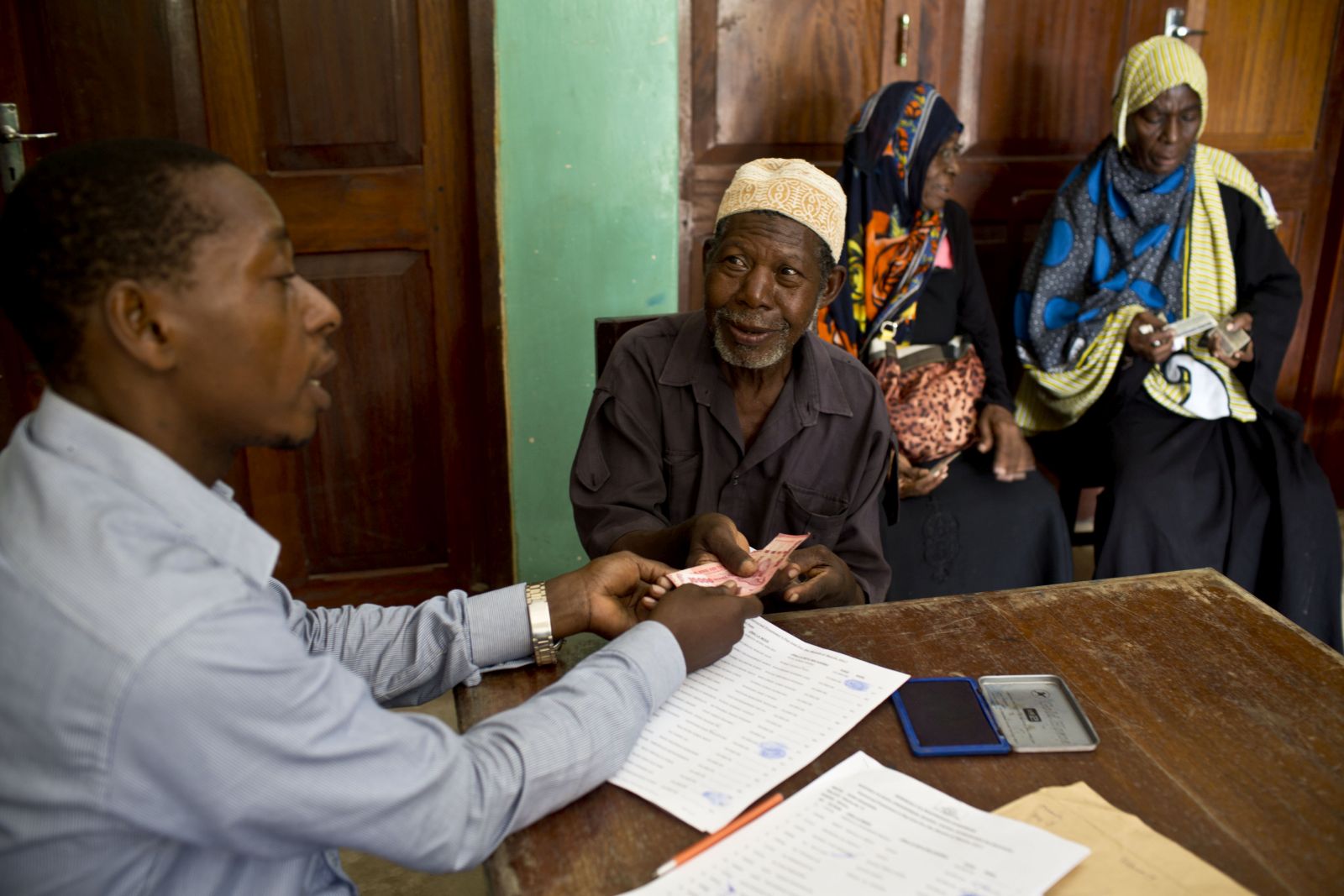Our view
Longer and better lives

Around the world, life expectancy has increased dramatically. As a rule of thumb, people now grow 20 years older then they did two generations ago. This is the result of broader based prosperity which translates into more people getting more food, improved health care, better education et cetera.
Though people in rich nations tend to feel gloomy about global trends, the truth is that many indicators show considerable progress. In 1970, one third of humankind was reckoned to live in desperate poverty. Today, not quite ten percent are, even though our absolute number has more than doubled to 7.6 billion people. More good news is that population growth has been slowing down and is likely to stop in the second half of this century.
A peaceful earth inhabited by about 10 billion people without anyone suffering poverty is not a wild fantasy. It is feasible. That is what the UN Sustainable Development Goals (SDGs) are ultimately about.
That something can be done, however, does not mean that it will be done. To facilitate further progress, we must understand the progress made and what brought it about. Experience shows that global trade, technological innovation and open, fact-driven debate have been beneficial. It is odd that this is not more generally appreciated.
It is even odder that many people in development circles do not even speak of progress anymore. The obvious reason is that the term has connotations of western bias and western arrogance. It is true, of course, that the colonial powers that invented the philosophy of enlightenment were racist, abusive and oppressive at the same time. But its principles are not wrong simply because its origin was contaminated. It would be helpful to acknowledge that the SDGs are rooted in a universal – rather than merely western – understanding of human rights and that this agenda is geared to bringing about further progress.
Further progress is not guaranteed, so determined action is needed. The SDG agenda is of vital relevance. Abandoning goals such as climate protection, the eradication of poverty or global peace will cause tremendous suffering, and no country will be able to shield itself from the devastating impacts. International cooperation is not something nice that we can afford to do so long as we do not have more serious problems. It is the only option we have for preventing ever more serious problems.
US President Donald Trump is currently setting the wrong example. Zero-sum thinking, ideas of putting one’s own nation first and disrespect for multilateral agreements add up to a recipe for disaster. Disdain for experts and empirical truth will not help 10 billion humans to share the earth peacefully. In contrast, the SDGs are designed to allowing people of many countries, not only Japan, to look forward to longer and fulfilling lives.
Hans Dembowski is editor in chief of D+C Development and Cooperation / E+Z Entwicklung und Zusammenarbeit.
euz.editor@fazit-communication.de














